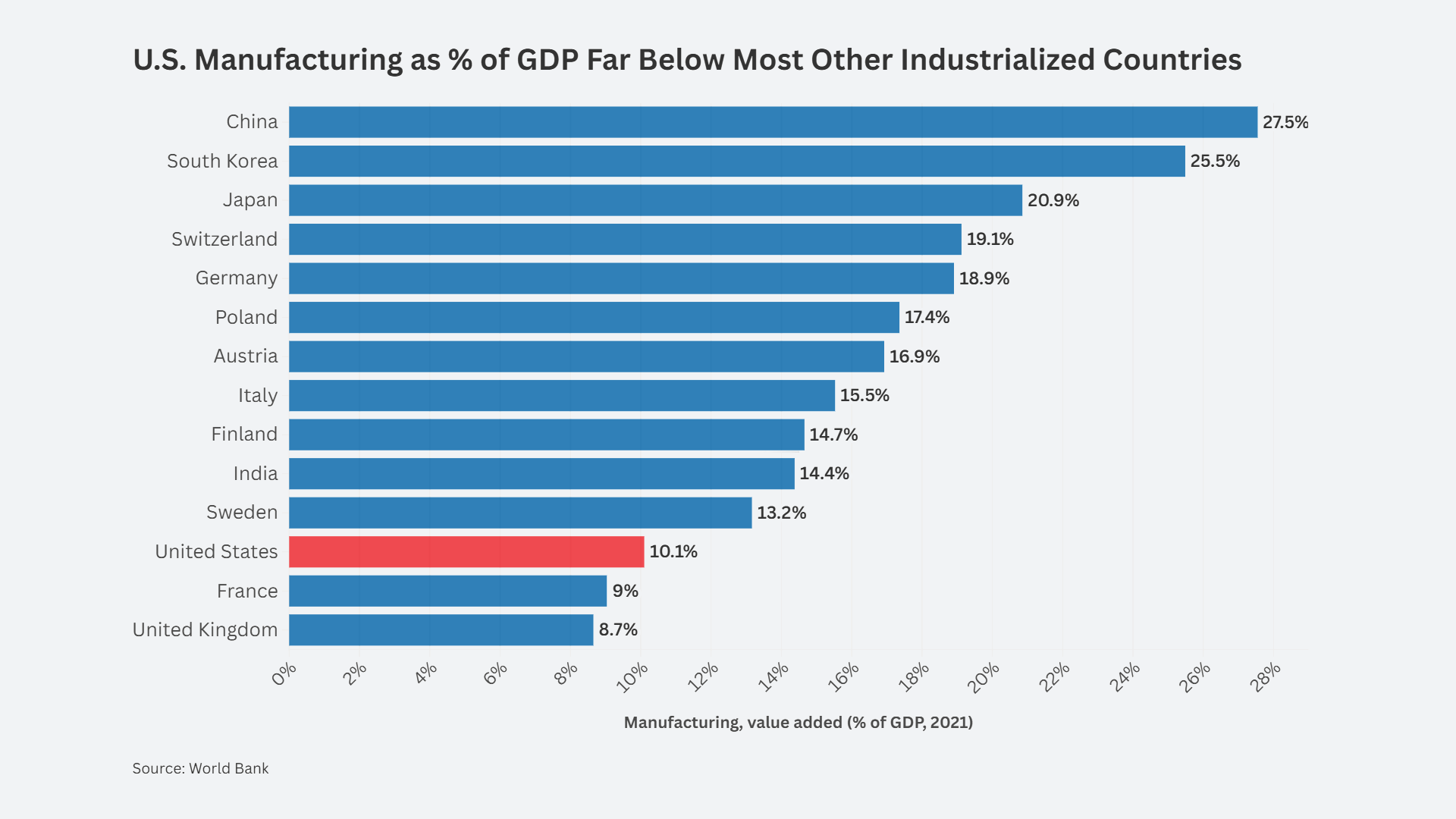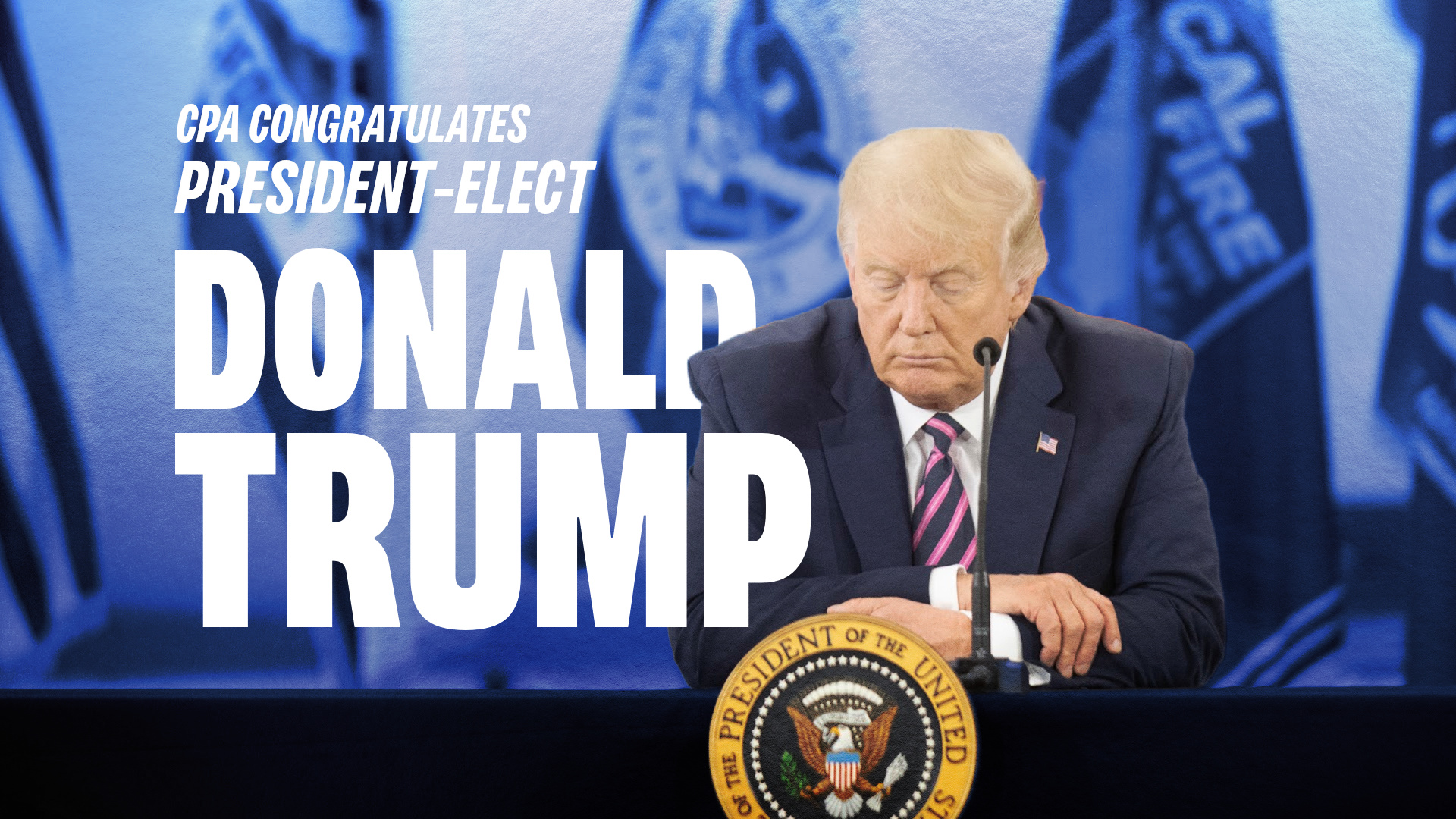Editor’s note: Sen. Josh Hawley (R-MO) is a rising star, not easily categorized ideologically. CPA appreciates his co-sponsorship of the Competitive Dollar for Jobs and Prosperity Act, his focus upon the national and economic security threat from China, and his focus upon benefitting workers and domestic producers.
Sen. Josh Hawley gets it badly wrong in his efforts to regulate Facebook and other tech companies. But Hawley has nailed it on the growing military challenge posed by Xi Jinping’s China.
[Tom Rogan | November 16, 2019 | Washington Examiner]
See it for yourself by checking out the senator’s interview this week with Defense News. Hawley, who sits on the Armed Services Committee, assesses China’s threat far better than most of his colleagues.
For a start, Hawley recognizes the immediacy of the threat. He notes that many Americans “have not appreciated the extent to which [China] are gaining a military and strategic advantage in the Indo-Pacific.” Expanding on this point, Hawley observes, “China’s anti-access and area-denial capabilities, its seagoing capabilities, its ballistic missile and other advanced missile capabilities. It’s acquired the ability to deny us access at least for the short term, while projecting its power to the first island chain, if not beyond.”
This is into the weeds a bit, but that’s what we should want from someone sitting on the Armed Services Committee. More importantly, Hawley is absolutely right. China’s naval, missile, and in-depth air defense capabilities are now of the very highest order. And they are designed with the express purpose of deterring America and denying us victory in war. Fortunately, Hawley also has good ideas about how to fix this problem.
Jim Mattis on Osama bin Laden and how ancient history guides his modern strategy
Asked “Where would you push the administration to spend more?”, Hawley responded, “Nuclear modernization, undersea capabilities that can be deployed in the Indo-Pacific region and an expansion of basing are all very important. We’ve got to think about platforms that can help with the anti-access and access-denial problem, which is a huge, huge issue for us.” Hawley continues, “We need to be forward postured in that region. We need to diversify our posture so we’re not so concentrated, and we need allies. We’ve got to work on building out our network of partnerships and alliances, and basing does come into it.”
These are quote gems.
The key to deterring and defeating China in an Indo-Pacific war is for the United States to maximize its lethality in areas of existing and prospectively sustainable overmatch. And as Hawley notes, that means nuclear deterrence at the high end, and submarines, drones, and long-range missiles at the conventional end. These are platforms that can defeat China’s ability to project forces beyond its immediate mainland.
But it gets better. Hawley also has the courage to challenge the Navy’s comfortable wisdom on aircraft carriers. “I’ve asked a number of questions about aircraft carriers at our hearings,” he says, “and I’d like to hear more. Platforms, weapons systems and basic posture: All of that has got to be rethought in terms of this present challenge.”
This tough-headed thinking is absolutely critical. Unfortunately, too many Navy officials delude themselves into believing that our aircraft carriers can operate close to China and survive Chinese ballistic missile saturation strikes.
Finally, Hawley draws it all together under the political strategy. He correctly observes that American leadership is the only way that we’re going to be able to persuade Indo-Pacific nations, democratic and undemocratic alike, that they don’t have to do what China wants them to do. Which is to say kneel to Beijing’s feudal mercantilism and sacrifice their future prosperity, and America’s, at the barrel of Xi’s gun. As the senator put it, America must send the message, “Don’t kowtow to China. You don’t have to count on China because they’re not going to become the hegemon of the region.”
Well said, senator. Well said.
Read the original article here.













